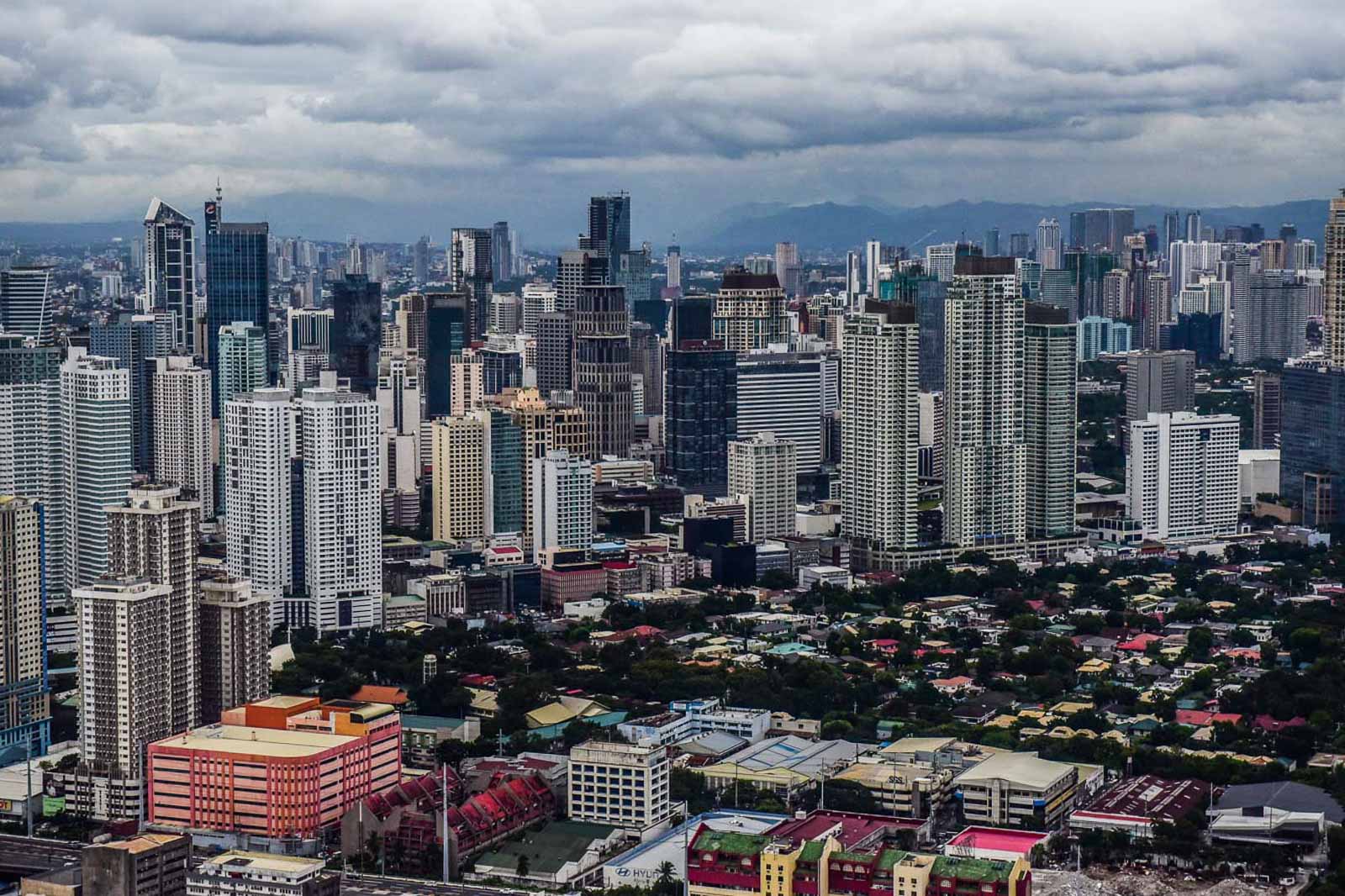Lives? Or livelihoods? In March, Malaysia made the tough call. Now, the bill has come due.
Malaysia’s excellent overall handling of the coronavirus country has earned praise from virtually all quarters. Now, however, the country has seen the price tag for the many weeks of lockdown imposed on the people and businesses nationwide.
The country’s economy contracted a remarkable 17.1% in the second quarter of 2020, much of that period spent under near-total lockdown, with the exception of a handful of business sectors deemed essential.
The plunge represents Malaysia’s worst-ever financial performance on record and was far worse than the expected 10% drop, the median figure among 11 economists surveyed by Reuters. A near-concurrent poll by Bloomberg yielded similar results, with a median forecasted dip of 10.1%. Even the most pessimistic estimate had Malaysia’s economy contracting by 13.6%.
The stunning 17.1% contraction underscores the painful decision Malaysia – and indeed every affected country – has been faced with in dealing with a global pandemic. Which to prioritize? Money and the economy, or health and human lives? Some countries have been better at threading that needle than others, while others who perhaps have tried to have it both ways have failed on both counts. Malaysia has done a superb job of mitigating the health aspect of the outbreak, said to be in the world’s top five countries when looking at its Covid-19 response.
But success on the health front has come at a high cost on the economic front.

In a virtual news conference announcing the Q2 figures for Southeast Asia’s third-largest economy, Malaysia’s central bank Governor Nor Shamsiah Yunus noted that tourism, manufacturing, and investment were among the primary sectors particularly hard-hit by the lockdown. Looking at the chart above, it also seems that construction projects throughout the country virtually all ground to a halt.
The economy suffered “a great impact in April from the movement orders imposed to contain COVID-19, and later saw some recovery in May and June,” she said.
“Malaysia was affected badly if compared to other countries in the region due to several factors,” she continued, “which include degree of containment, compliance rate toward the containment measures, and the relative importance of the tourism sector to the economy.”
In comparison, Singapore’s economy contracted 13.2% on the year in the second quarter, while the Philippines posted a 16.5% drop. Indonesia, meanwhile, reported a 5.3% decline.

Most economists are predicting brighter days ahead. (Given that the 17.1% cratering in Q2 of 2020 was Malaysia’s worst plunge ever, saying that “things will improve” seems an easy forecast to make.)
Malaysia’s central bank is projecting an overall full-year contraction of 3.5% to 5.5% before a rebound to 5.5% to 8.0% growth next year. Taking into account the catastrophic shrinkage of the economy in Q2, however, ending the year with only a 3.5% contraction overall may strike some as overly optimistic.
Despite the economic pain being suffered by millions, however, Malaysia’s government and its citizens deserve recognition for making the tough choices and putting lives – which once lost can never be replaced – over jobs and money.
As the long road to recovery continues, we have every confidence that the people of Malaysia will be positive, resourceful, and resilient, ultimately emerging on the other side of 2020 – and the world’s worst pandemic in a century – even stronger than before.

"ExpatGo welcomes and encourages comments, input, and divergent opinions. However, we kindly request that you use suitable language in your comments, and refrain from any sort of personal attack, hate speech, or disparaging rhetoric. Comments not in line with this are subject to removal from the site. "





















